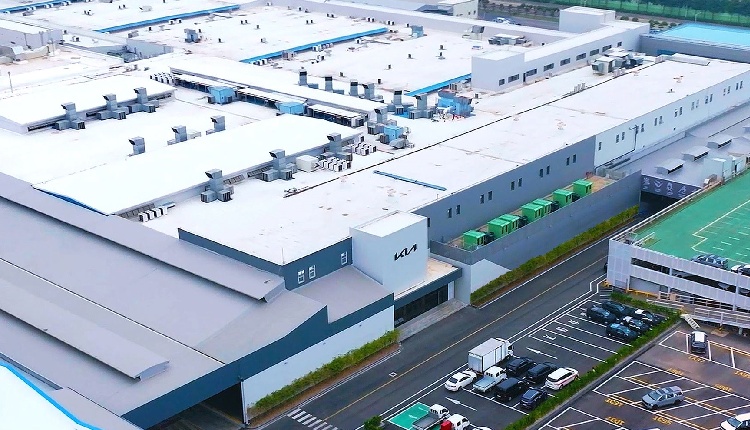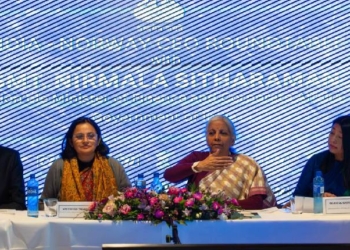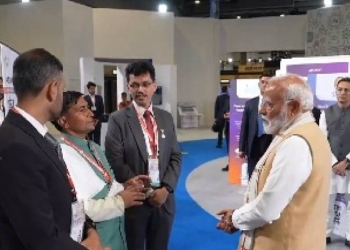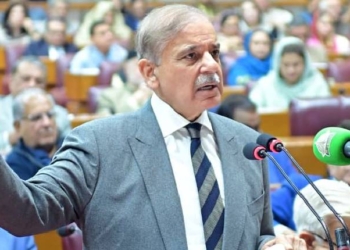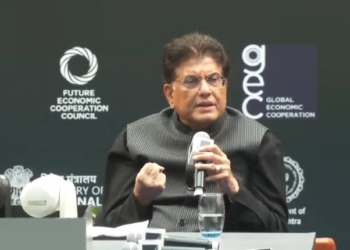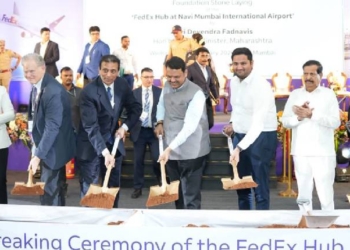Seoul: Automaker Kia said on Friday it has completed building Hyundai Motor Group’s first manufacturing facility dedicated solely to electric vehicles, which boasts an annual capacity of producing 150,000 units.
Kia held a ceremony for the Kia Gwangmyeong EVO Plant, located at Kia Autoland in Gwangmyeong, just south of Seoul, which is tasked with mass producing Kia’s new EV3 model and the upcoming EV4 model.
Kia invested 401.6 billion won ($304.2 million) in the 60,000 square-meter facility, completely rebuilding it on an existing plant site to facilitate the company’s next-generation vehicle production, reports Yonhap news agency.
The event was attended by around 150 guests, including Choi Jun-Young, executive vice president and head of domestic production at Kia, and Gwangmyeong Mayor Park Seung-won.
The EVO Plant is characterised under the theme of pursuing maximum change through minimal expansion, taking into consideration its location in the city centre and other environmental factors, such as the protection of green spaces.
In addition, the plant has been constructed with a full-scale conversion to electrification in mind, focusing on eco-friendly and worker-friendly elements.
Mass production of the EV3, the brand’s compact all-electric SUV, began in the first half of this year. In the first half of 2025, Kia plans to introduce the EV4, the brand’s upcoming mid-sized electric sedan.
Choi said in a welcoming speech that the completion of the plant “solidifies Kia’s first step as an EV leader following the company’s brand relaunch in 2021.”
“With the goal of providing sustainable mobility solutions, we will lead innovation in the EV market and fulfill our responsibilities in helping to deliver a sustainable future,” he added.
Meanwhile, Hyundai Motor and Kia have launched a joint project to develop cathode material technology for producing LFP (lithium iron phosphate) batteries for electric vehicles. The joint project, also involving Hyundai Steel and Ecopro BM, aims to develop a technology for synthesising materials directly without using precursors during the manufacturing of LFP battery cathodes.
(IANS)




